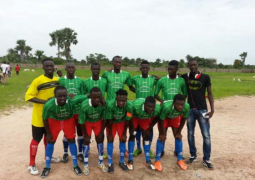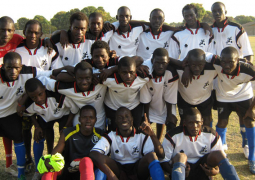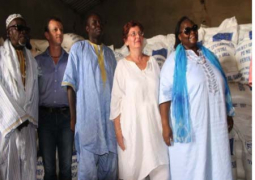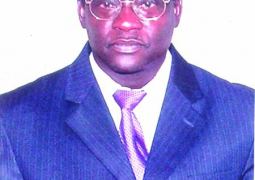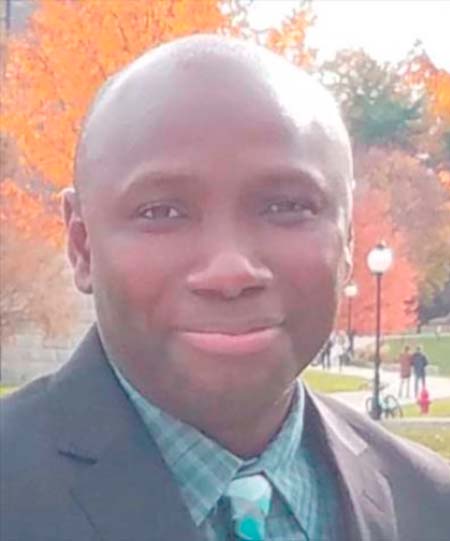
Autism
is a pervasive developmental disorder that is often diagnosed in children
before the age of three. The disability is often characterized by an inability
to verbally express oneself fluently, the inability to engage in social
interactions with others, and ones obsession with repetitive behavioral
patterns.
For
some children who are diagnosed with autism, their deficit is mild enough that
they can perform daily functions such as engaging in a conversation with
minimal disruptions. In others, basic life skills such as dressing oneself,
managing money, or taking part in parallel activities in groups or individually
are beyond reach. Because of the range with which autism can be described, the
term “spectrum” is often included when naming the disability. Hence, the term
autism spectrum disorder is the prevalent term used to refer to the disorder.
For
disability activists, a “People First” approach is preferred when dealing with
individuals with disabilities. For example, in the case of an individual who is
diagnosed with autism, it is highly desirable to refer to the person as one who
is diagnosed with autism or autism spectrum disorder. It is undesirable to
refer to the person as autistic. The People First approach takes the stigma of
disabilities away from the individual, while promoting an abilities first
attitude within the disability culture.
WHY
IS IT IMPORTANT TO UNDERSTAND AUTISM AND OTHER DISABILITIES?
Like
many other cultures, The Gambia has a deep history of excluding individuals
with disabilities from daily life. How many times has one walked into a bank
and see a bank teller in a wheelchair, helping customers complete account
transactions? When was the last time that a child with a disability attended
school with his or her non-disabled peers in The Gambia? How many teachers are
trained on how to educate children with emotional, intellectual, or physical
disabilities? As a reader, if you answered positively to any of the above
questions, you are truly an exception in The Gambian society.
I
am a Gambian native. Like many of you, I grew up in The Gambia and never once
interacted with an individual with a disability. In fact, the only moments when
I came across a person with a handicap were at the market when I would observe
a person who could not walk, begged for change. They would either be seated on
the ground or have their hands placed on the shoulders of a child who walked
them all over the car-park or the market looking for change. Every so often,
someone would throw change at them out of pity. Others may buy a loaf of bread
or some other handout and gave it to them as charity before moving on. The
bottom line is that an individual with disabilities in The Gambia does not
stand a chance at succeeding.
However,
that should not be the case. Every child can learn under appropriate set of
circumstances. Like the general population, children with disabilities can
learn to read, write, and perform mathematical operations alongside their
non-disabled peers. Therefore, under “The New Gambia,” as we look to address
disparities across all sectors of public life, the needs of individuals with
disabilities must be included as part of our broader approach to human rights.
Every citizen should be afforded a right to life, liberty, and prosperity
without regard to ethnic identity, gender, or disability.
Article
1 of The Universal Declaration of Human Rights declared that, “All human beings
are born free and equal in dignity and rights. They are endowed with reason and
conscience and should act towards one another in a spirit of brotherhood.”
There are no exclusionary measures in the above doctrine. Therefore, the
Constitution of The Gambia should not exclude any citizen in their engagements
with the general public. As efforts are underway to right the wrongs embedded
in the nation’s Constitution, the voices of conscience must stand up for all
Gambians regardless of social, economic, and disability status.
I
am encouraged to learn about efforts to upgrade institutions such as the prison
system in pursuit of humane treatments towards our brothers and sisters under
state custody. I am also encouraged to learn about the work that parliament is
undergoing to lift the age limit that prohibited Gambians from serving in
government. While the country continues to make progress in various facets of
national development and reconciliation, I pray that the rights and dignity of
individuals with disabilities will not be ignored. Leaving so many of our
fellow countrymen and women in positions of pity because of their disability is
contrary to the ideals of democracy. The Gambia should be an inclusive nation,
one that appreciates the invaluable contributions of every citizen. We can
begin that work by educating children with disabilities to become productive
members of the Gambian society the same way as we educate children without
disabilities.
Author:
Sankung Papa Susso, Professor of Education, Touro College and University System


